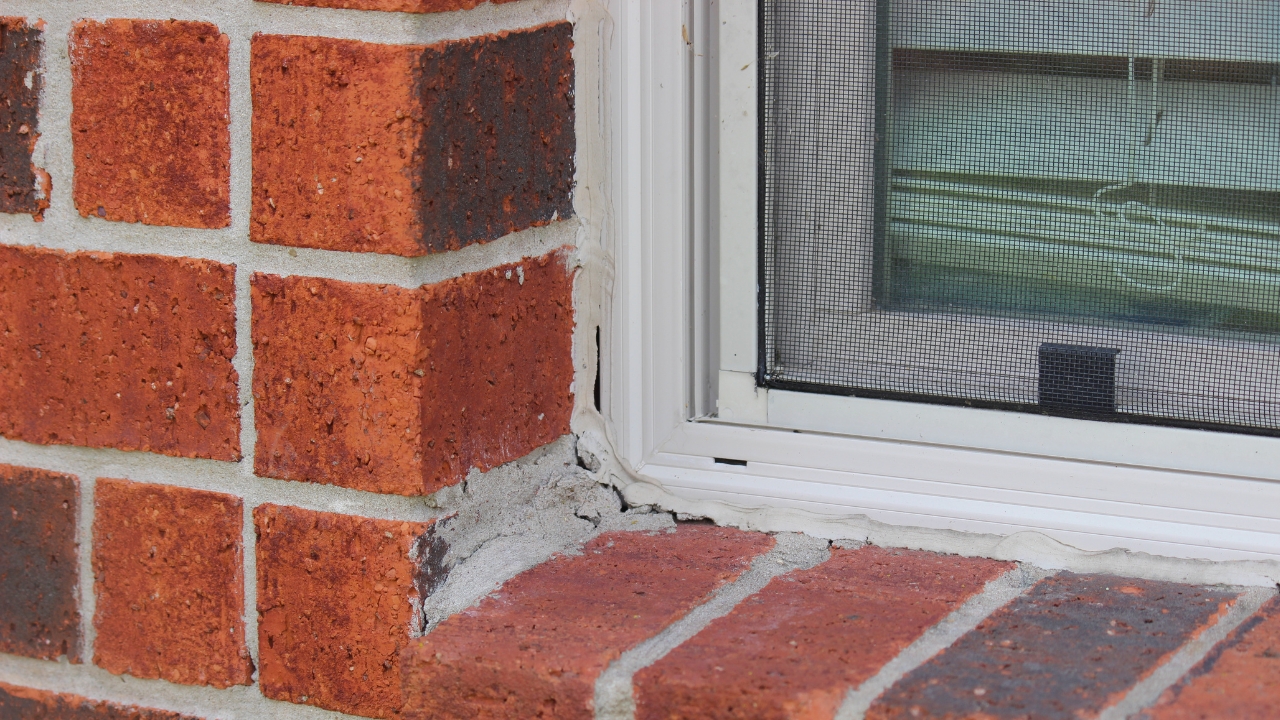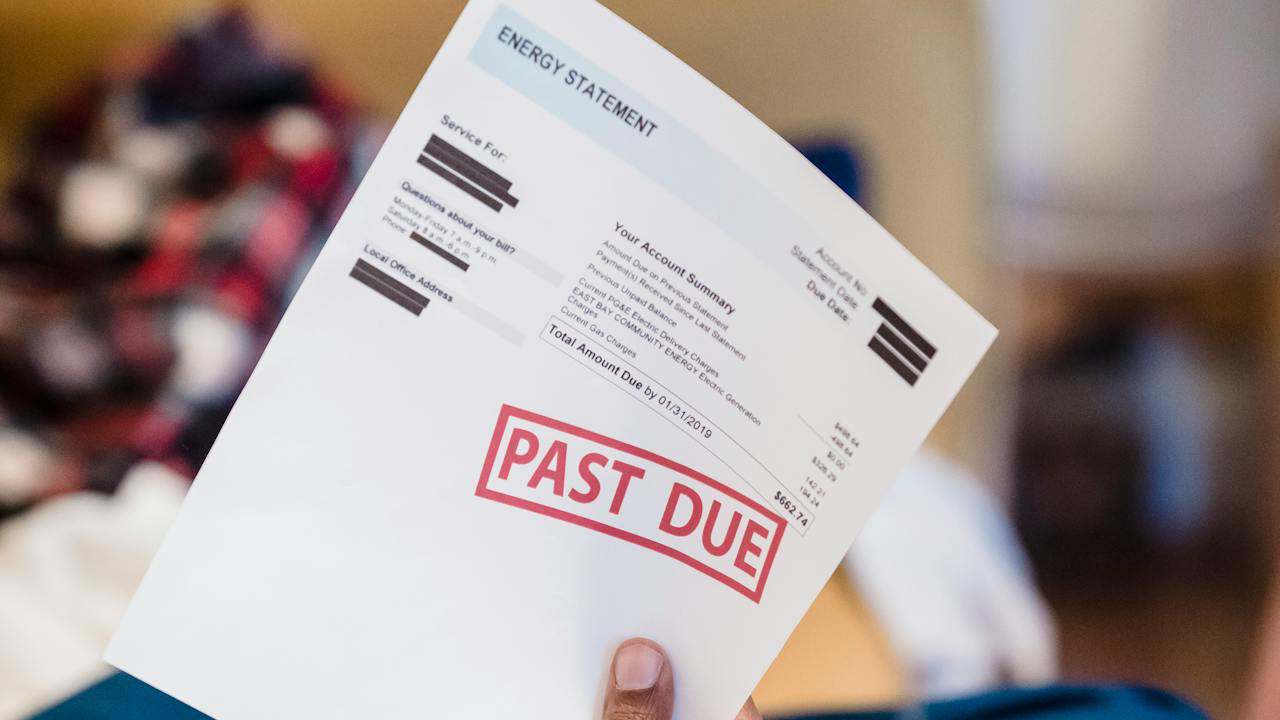8 Mistakes That Are Driving Up Your Energy Bill
If your energy bill keeps creeping higher even though you’re not blasting the AC or running every light in the house, there’s a good chance you’re overlooking a few habits that waste power without making life any better.
Most of these don’t feel like a big deal in the moment—but they chip away at your monthly budget fast. Here’s what to watch for, especially if you’re trying to keep costs down through the hottest part of the year.
Leaving Things Plugged In All the Time

A lot of electronics still pull power when they’re technically “off.” TVs, coffee makers, gaming consoles, and chargers are all guilty. It’s called phantom load, and it’s wasting energy around the clock.
You don’t need to unplug everything every night—but putting them on a switchable power strip helps. Kill the strip when you’re not using them and you’ll stop paying for electricity you’re not actually using.
Running Big Appliances at the Worst Time

Dryers, ovens, and dishwashers put off heat—so if you’re using them during the hottest part of the day, you’re making your AC work overtime. That’ll spike your bill before you know it.
Try running those appliances early in the morning or in the evening. You might not notice a huge comfort difference, but your AC will, and your bill will show it.
Letting Air Leak Out of Your House

If your doors and windows aren’t sealed up right, your cold air is seeping out and hot air is sneaking in. That’s a bad combo for your energy bill—and your comfort.
You can feel it with your hand most days. Weatherstripping and caulk are cheap fixes, and they make your home a lot easier to keep cool without running the AC non-stop.
Forgetting to Change the Air Filter

If your HVAC filter’s clogged, your system has to work harder to move air through the house. That means longer run times, more wear and tear, and a bigger electric bill.
Mark your calendar and check it once a month—especially if you’ve got pets or live in a dusty area. Swapping it out on time makes a bigger difference than most people think.
Setting the Thermostat Too Low

Cranking the thermostat down to 65 doesn’t cool your house any faster—it just makes your AC run longer. Same deal in the winter when you bump it too high.
Finding a realistic, consistent setting and sticking with it is better for your comfort and your wallet. And if you don’t already have a programmable thermostat, it’s worth the upgrade.
Hanging on to Power-Hungry Appliances

If your fridge, water heater, or window unit is older than your oldest kid, there’s a good chance it’s costing you more than you think. Appliances lose efficiency over time, even if they still “work.”
Upgrading to a more efficient model might cost more upfront, but it usually pays for itself with lower energy use—especially if it’s something that runs 24/7 like your fridge.
Ignoring the Fan Direction

Ceiling fans aren’t a set-it-and-forget-it thing. They need to spin counterclockwise in summer to push air down and make rooms feel cooler. In winter, flip them to clockwise to help move warm air around.
Running your fan the wrong way might feel like a small deal, but it can actually trick you into adjusting the thermostat—burning even more energy.
Leaving Outside Lights On Overnight

Flood lights, porch lights, and string lights are great—until they’re burning all night when no one’s outside. If they’re not on a motion sensor or timer, you’re paying for light you’re not using.
Flip them off when you head to bed or add a sensor. It’s an easy fix that’ll help your power bill and extend the life of your bulbs.
*This article was developed with AI-powered tools and has been carefully reviewed by our editors.







